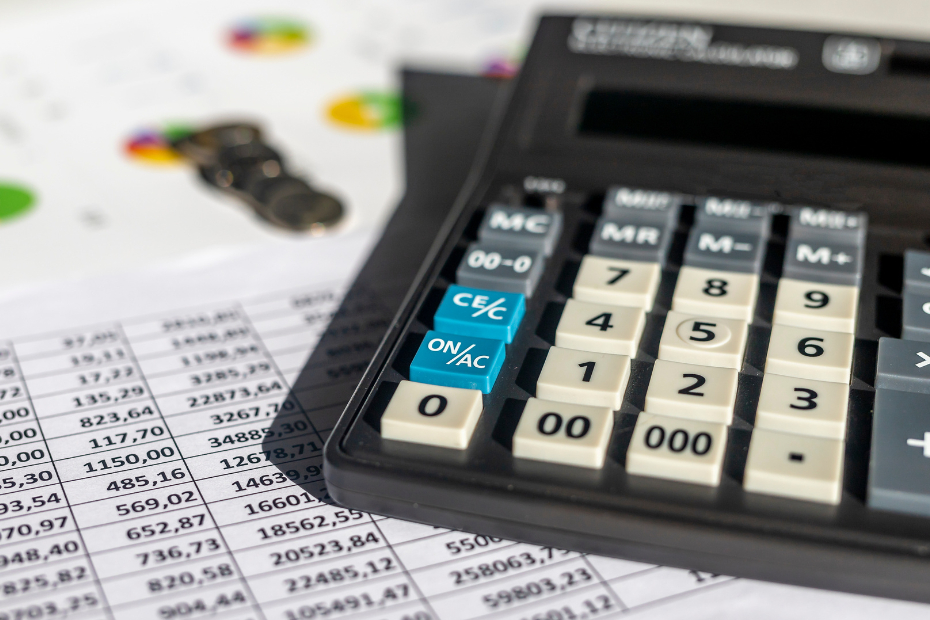Published July 13, 2023 • 4 Min Read
Filing for bankruptcy is undoubtedly difficult and emotional — particularly if you’re a small business owner. With the Canadian government no longer offering pandemic funding for business owners, many businesses are still struggling to recover, and bankruptcies are rising.
If you are contemplating filing for bankruptcy, as a Canadian small business owner, there are tax implications that should be considered as they can have a signficant impact on your financial situation and future taxes owing.
Bankruptcy business structures
In Canada, different tax implications depend on whether you’re filing for bankruptcy as a sole proprietorship, partnership, or corporation.
-
Sole proprietorship: The bankruptcy process for a sole proprietorship is identical to and has the same implications as personal bankruptcy because the CRA considers you and your business to be the same entity. However, despite the bankruptcy of the sole proprietor, the business operations may continue.
-
Partnerships: If you’re in a business partnership with another person and declare personal bankruptcy, the partnership can no longer exist. If you partner with more than one other person and declare personal bankruptcy, the partnership may continue to operate. Still, you will have the same implications as filing for personal bankruptcy.
-
Corporations: A corporation is a separate legal entity and requires a board of directors to pass a resolution that authorizes filing for bankruptcy. Usually, unless a corporation can pay all debts, the company ceases to exist.
A Licensed Insolvency Trustee (LIT) is a regulated professional in Canada who can explain the general process of business bankruptcy depending on the structure of your business while providing tailored advice to help you in your unique situation.
Tax debt discharge
When individuals or businesses file for bankruptcy in Canada, the Canada Revenue Agency (CRA) is automatically notified. Outstanding tax debts owed to the CRA or provincial tax authorities at the time of filing are typically included in this process, which means that tax debts are generally discharged or forgiven. However, if the business owes income for tax years after you have been discharged from bankruptcy, you are still required to pay it.
In certain cases, if the tax attributes of a corporation filing for bankruptcy are not enough to absorb the amount of debt forgiven, this may be included in the calculation of the business’s taxable income and may create a tax liability.
Tax returns
Even in the event of bankruptcy, a business must file all necessary tax returns, including for the period up to the bankruptcy date and any outstanding returns. A LIT will notify your creditors and make any tax refunds available. If you are a shareholder in a corporation that files for bankruptcy, you can deduct the value of your shares as a loss on your next tax return.
Reporting requirements
A LIT can help you complete all the required forms for filing for bankruptcy in Canada. This includes an “Assignment,” in which you declare that your bankruptcy trustee is taking control of your property for the benefit of your creditors, and a “Statement of Affairs” that lists your assets, liabilities, income, and expenses.
Other supporting documents may include tax returns, proof of income and expenses of you and your family, and proof of any assets owned by you. To learn more about the process and reporting requirements, visit the CRA website.
GST/HST obligations
Filing for business bankruptcy doesn’t necessarily impact you personally; however, there are implications regarding harmonized tax (HST) and payroll taxes. If the CRA cannot collect these taxes from the business, they can personally assess a director of the business and hold them liable for the full amount of unpaid taxes. Therefore, if your business is registered for GST or HST, the bankruptcy trustee must cancel this business tax account and file any outstanding returns.
Tax losses
In the case of a corporation, any tax losses incurred by the business before bankruptcy can generally be carried forward and applied against future taxable income if the business continues operations after bankruptcy.
This article is intended as general information only and is not to be relied upon as constituting legal, financial or other professional advice. A professional advisor should be consulted regarding your specific situation. Information presented is believed to be factual and up-to-date but we do not guarantee its accuracy and it should not be regarded as a complete analysis of the subjects discussed. All expressions of opinion reflect the judgment of the authors as of the date of publication and are subject to change. No endorsement of any third parties or their advice, opinions, information, products or services is expressly given or implied by Royal Bank of Canada or any of its affiliates.
Share This Article






